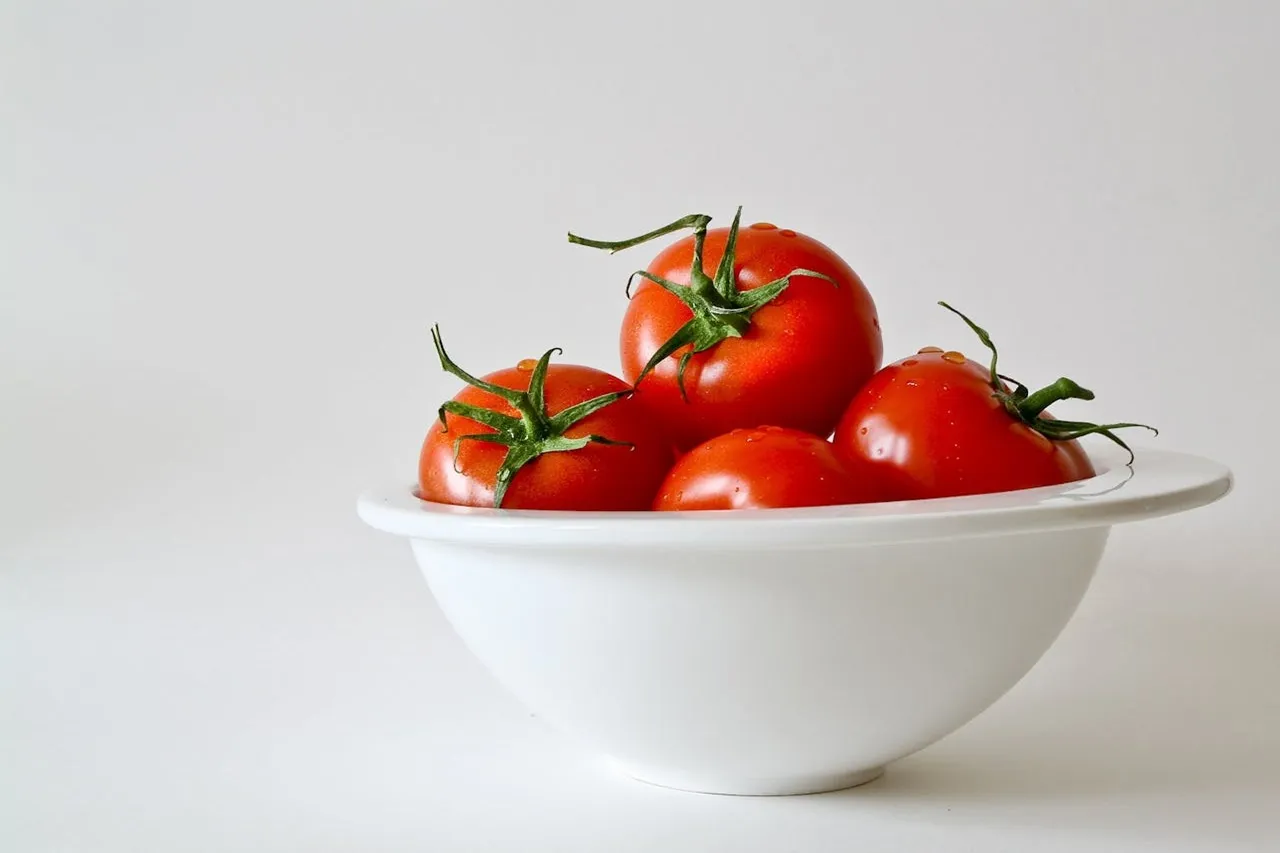
End of Tomato Trade Agreement Threatens U.S. Supply Chain and Food Security, Warns NatureSweet®
NatureSweet®, North America’s leading branded tomato company, is sounding the alarm over the U.S. government’s recent decision to terminate the long-standing Tomato Suspension Agreement (TSA). The company warns that the move could have far-reaching consequences for the fresh tomato supply chain, threatening availability, driving up prices, and jeopardizing food safety for American consumers.
Heavy Reliance on Mexican Imports
Nearly 70% of fresh tomatoes consumed in the United States are imported from Mexico, especially during the winter months when domestic production drops significantly. With the sudden reimposition of tariffs on Mexican tomato imports, NatureSweet foresees immediate disruptions to the supply of key tomato varieties — particularly grape and cherry tomatoes, which are predominantly grown in Mexico.
“This decision will likely mean fewer choices, lower availability, and higher prices for fresh tomatoes on grocery store shelves across the U.S.,” the company said in a statement. These consequences would affect not only consumers but also retailers, who rely on a stable, affordable supply of fresh produce to meet demand year-round.
Vertical Integration Offers Partial Buffer — But Not for All
Rodolfo Spielmann, President and CEO of NatureSweet, highlighted the company’s ability to absorb some of the impact thanks to its vertically integrated greenhouse operations, which cover everything from harvesting and packaging to distribution.
“Being involved in every step of the process gives us some flexibility,” said Spielmann. “But we operate in a low-margin industry, and our vertically integrated model is an exception, not the norm. Most growers and distributors manage only one part of the supply chain. Smaller producers, in particular, may not have the capacity to weather this new financial and administrative burden — and some may be pushed out of the market entirely.”
Food Safety and Quality at Risk
The implications go beyond economics. Food safety and product quality could also be affected. As the supply tightens, there’s a risk that some producers — especially those under financial strain — may cut corners or even exit the market. This could increase reliance on open-field growing operations, which are more difficult to monitor and are inherently more vulnerable to contamination.
Skip Hulett, Chief Legal Officer at NatureSweet, noted that the termination of the agreement introduces new risks for the entire supply chain. “We pride ourselves on greenhouse-grown tomatoes that ripen naturally on the vine,” he said. “In contrast, many field-grown tomatoes — such as those from Florida — are picked green and artificially ripened using gas. Our commitment to quality, taste, and safety is what has made us the #1 tomato brand in the U.S.”
A Call for Collaborative Solutions
The Tomato Suspension Agreement, in place for nearly 30 years, was designed to protect Florida growers while maintaining a diverse, competitive market across North America. Its termination not only upends this balance but also adds uncertainty for producers, retailers, and consumers alike.
NatureSweet is calling on all stakeholders — including policymakers, growers, and industry leaders — to return to the negotiating table and work toward a mutually beneficial resolution.
“This shouldn’t turn into a food crisis over a trade dispute,” said Hulett. “We need a long-term, collaborative solution that ensures continued access to safe, high-quality, and affordable tomatoes for American households.”
Committed to Quality, Despite Challenges
Despite the challenges, NatureSweet has committed to doing everything possible to minimize price increases and maintain product quality for its customers. But the company cautions that even the most resilient producers cannot mitigate every consequence of disrupted trade flows and rising costs.
“We take our responsibility to consumers seriously,” said Spielmann. “But real stability in the tomato supply chain requires cooperation and foresight at the policy level.”
Final Warning: Don’t Let a Trade Dispute Become a Food Crisis
In closing, NatureSweet reiterates its urgent call for action: “Let’s solve this issue before the damage becomes permanent,” Hulett stated. “The food security of millions of Americans shouldn’t be compromised because of a trade disagreement. We must act now.”
About NatureSweet® (NS Brands, Ltd.)
NatureSweet® is the leading brand of snacking tomatoes and a trusted supplier of greenhouse-grown vegetables. As the largest vertically integrated controlled-environment agriculture company and greenhouse vegetable producer in North America, NatureSweet operates over 1,500 acres of greenhouse space and grows premium tomatoes, cucumbers, and sweet peppers.
The company’s team of more than 10,000 associates ensures that every product is handpicked at peak freshness to deliver exceptional quality and flavor to supermarkets across the United States, Mexico, and Canada.
NatureSweet’s mission is to transform the lives of agricultural workers in North America through a profitable business model designed to inspire other companies to follow suit. Thanks to its commitment to sustainability and social responsibility, NatureSweet has earned certifications from B Corp, Fair Trade, and the Equitable Food Initiative (EFI).
The original text in the source language of this release is the official, authorized version. Translations are provided for adaptation purposes only and should be cross-referenced with the source-language text, which is the only version with legal standing.







